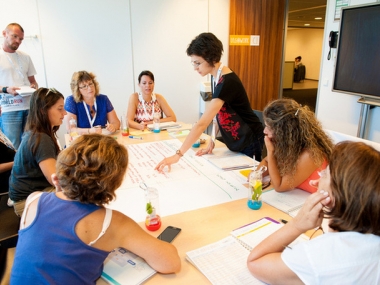
Objectives, Values & Principles
In particular, URBACT III Capacity-Building activities aim to improve the capacity of cities as actors of change. The Programme develops Capacity-Building activities that can be accessed by city stakeholders with different needs, knowledge and experience, with different backgrounds and wishes to make useful and successful tools accessible online to a wide range of city partners throughout Europe.
As a learning Programme specialised in urban issues, our Capacity-Building objective is to improve city practitioners’ skills. Therefore, the values underlying the Capacity-Building activities are:
- Learning by doing
- Learning how to learn and how to find information
- Peer learning (sharing solutions between beneficiaries to policy challenges)
- Developing tailored, pertinent solutions to local issues
If you want to know more, read the Capacity-Building Strategy developed by the Programme.
Beneficiaries
URBACT Capacity-Building activities target all urban players from the 30 URBACT Member and Partner States, primarily urban professionals and decision-makers, but also stakeholders such as residents, NGOs, businesses and end-users. More specific actions are carried out towards targeted audiences such as potential applicants, Lead Partners of networks, First Level Controllers, National URBACT Points, experts and trainers.
Urban practitioners are considered as change agents: it is expected that through the development of their individual skills and knowledge, both enhancement of organisational/institutional capacity and better policies will be achieved.
Capacity-Building activities at Programme level
URBACT as a programme has developed a specific way of working in cities bringing together a number of key principles:
- Integrated Approach
- Participatory Action-Planning
- Project Management and Delivery
- Sustainable urban development and policies
This URBACT Method is a central pillar to the Capacity-Building provided to city practitioners.
Capacity-Building activities include:
- URBACT National Seminars (Campus) – These events provide tools and methods to enhance capacities of local group members of partner cities at national level, in national languages. They offer an interesting opportunity to foster dialogue between national and local players on urban policies and allow project partners to better understand the national context in which they are operating.
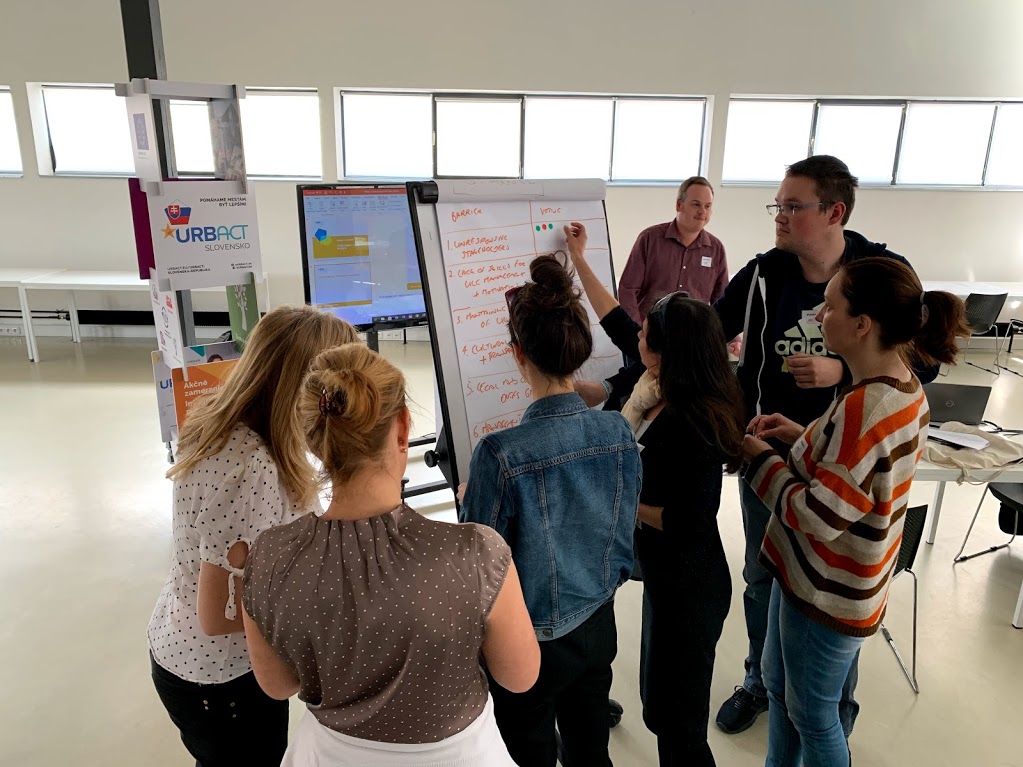
holding a
all over Europe. This year, the national
trainings are
Transfer Networks and aim at
participants’ knowledge on integrated and
participatory approaches, exchanging on
challenges faced when transferring a good
practice from another city and learning with
and
Read from URBACT national seminars’ participants:
"Excellent seminar. I am hugely satisfied. I was really pleased to network with new European colleagues" (URBACT II, Liz, Glasgow City Council)
“Excellent practical session - I feel way more upskilled.” (URBACT Campus in the UK, participant)
“Excellent campus session. Facilitation was excellent and adapted to the needs of groups as they arose. I was delighted to attend and to participate” (URBACT Campus in the UK, participant
“I learned quite a lot; learning by doing!” (URBACT Campus in Czech Republic, participant)
“I will communicate on the Campus with passion & energy. We learned a lot and got inspiration from others.” (URBACT Campus in Czech Republic, participant)
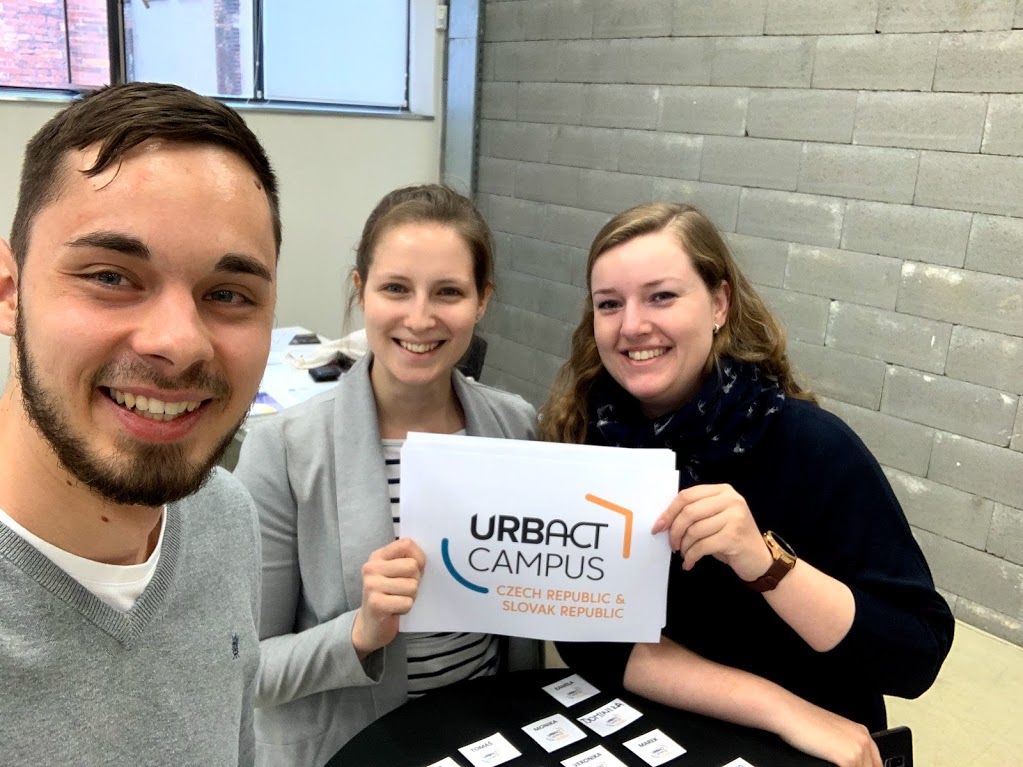
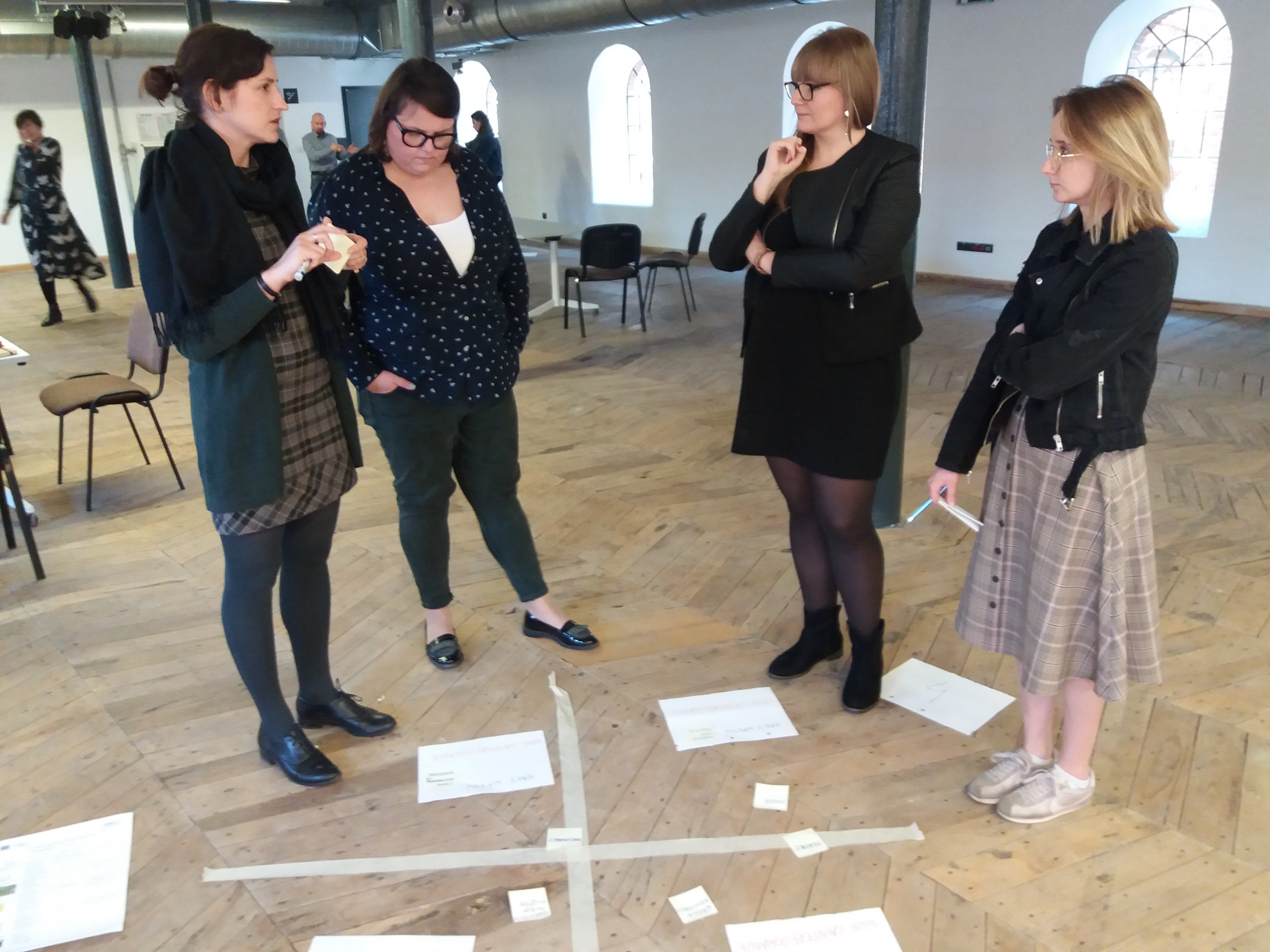
You can check on the latest news on this year’s URBACT campuses on Twitter with the hashtag #URBACTcampus
- URBACT Universities – These events are large transnational trainings, with around 450 participants, usually organised over 3 days aiming to provide URBACT partners and their local stakeholders with tools and methods to develop integrated and participatory approaches for the design and implementation of urban policies.
URBACT Universities proved highly successful under URBACT II (Krakow 2011 and Dublin 2013) and URBACT III (Rotterdam 2016). The next session will take place in 2020.
The USU 2016 participants learning kit is available here.
- Other ad hoc Capacity-Building actions – Based on an established need, these events may also be developed for specific stakeholder groups involved in the design and implementation of sustainable
urban policies (e.g. elected representatives, managing authorities of operational programmes, national authorities, etc.). These actions can be either physical meetings or online sessions.
For example, in November 2018 the URBACT Secretariat launched a Pilot action in Rome for Italian cities, to provide them with concrete tools and skills to start implementing their action plans.
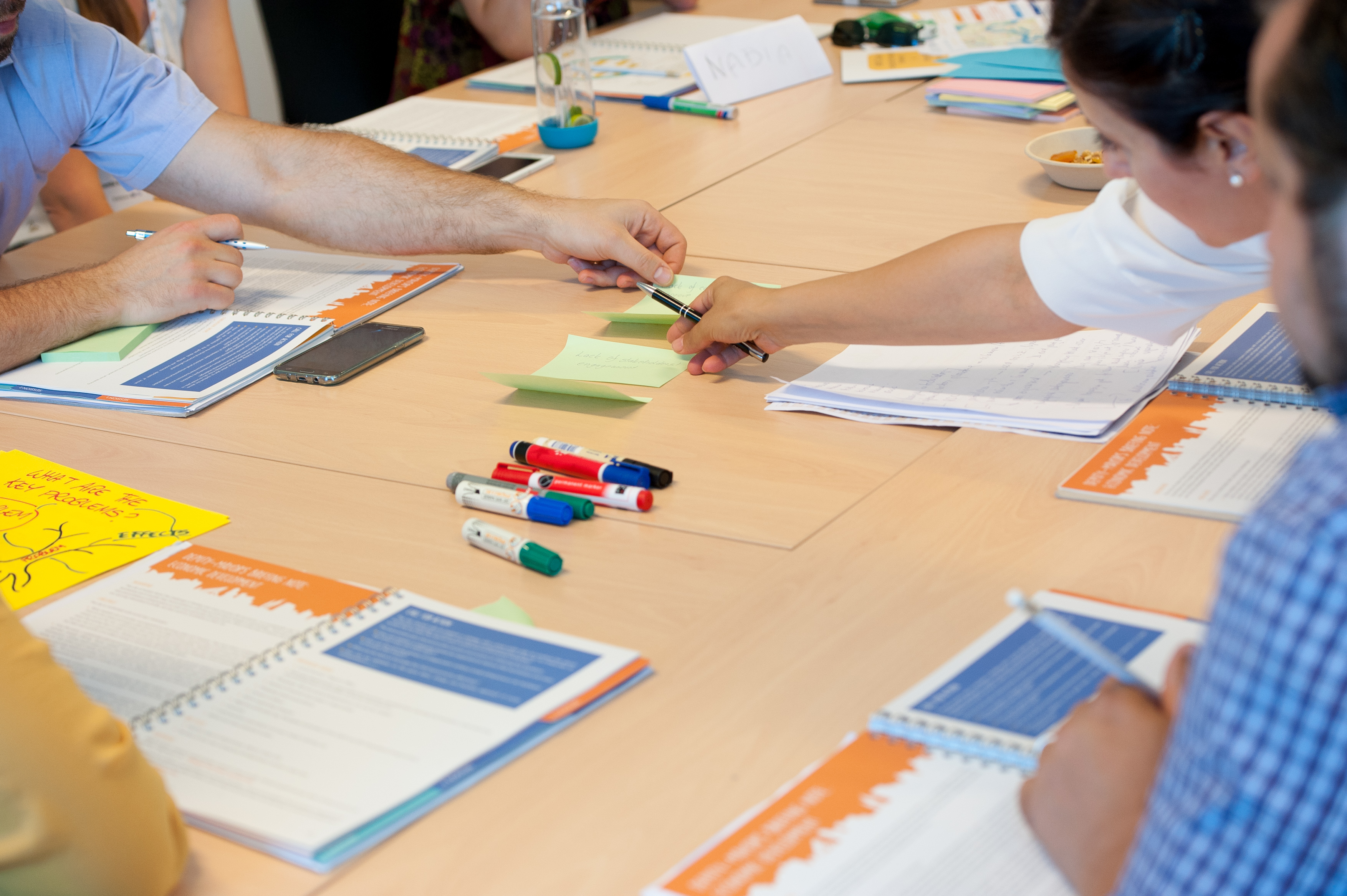
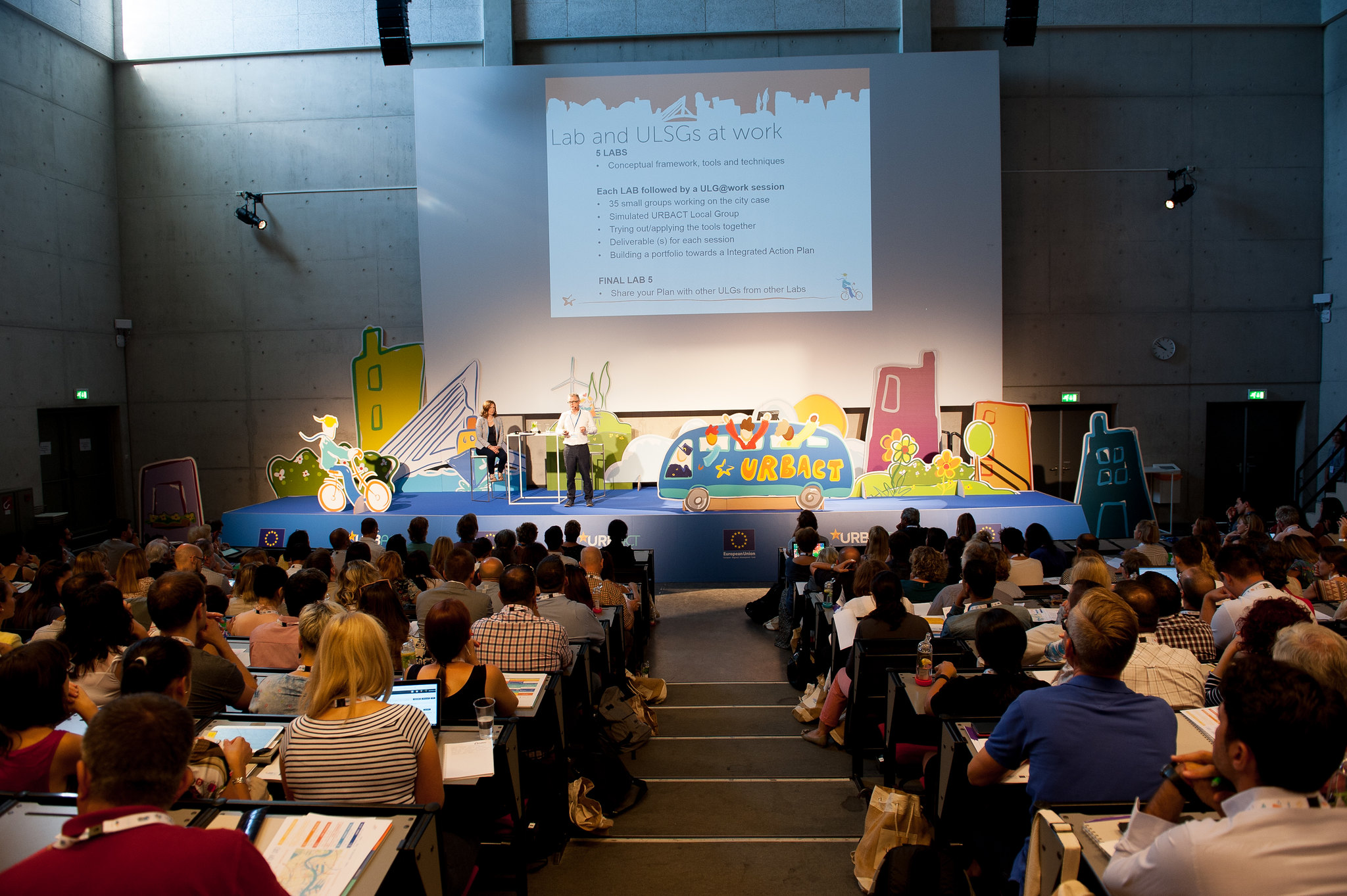
For further information, please contact:
Clémentine GRAVIER
Capacity-Building Officer,
c.gravier@urbact.eu
tel: 33 (0)1 85 58 62 39
